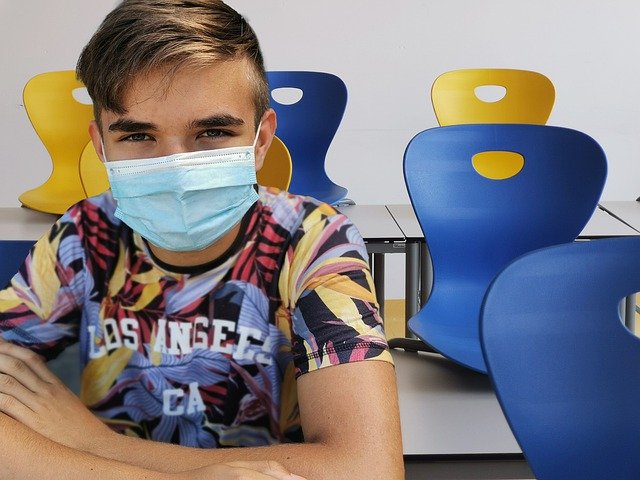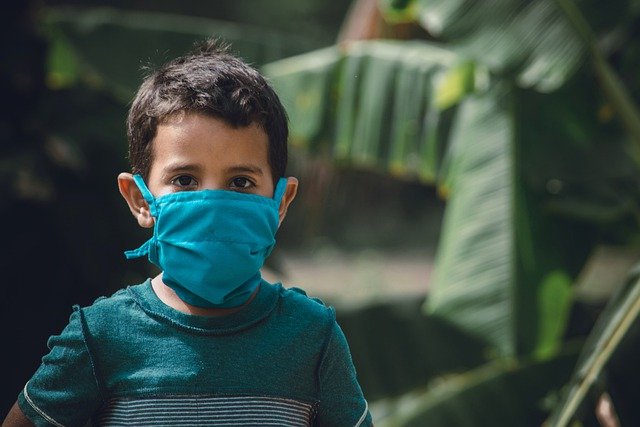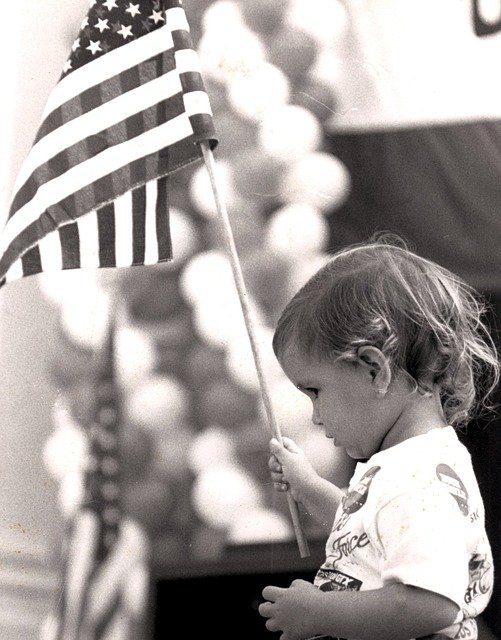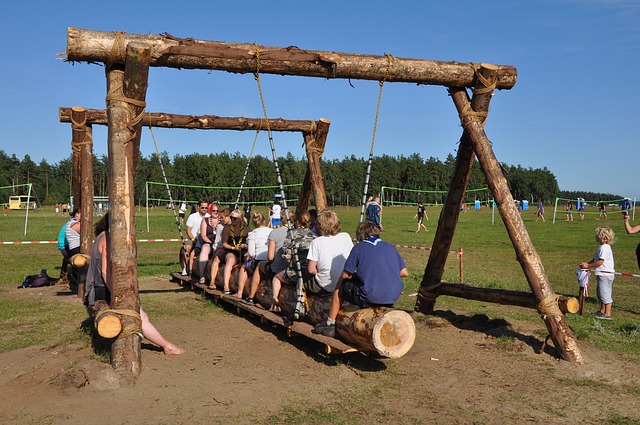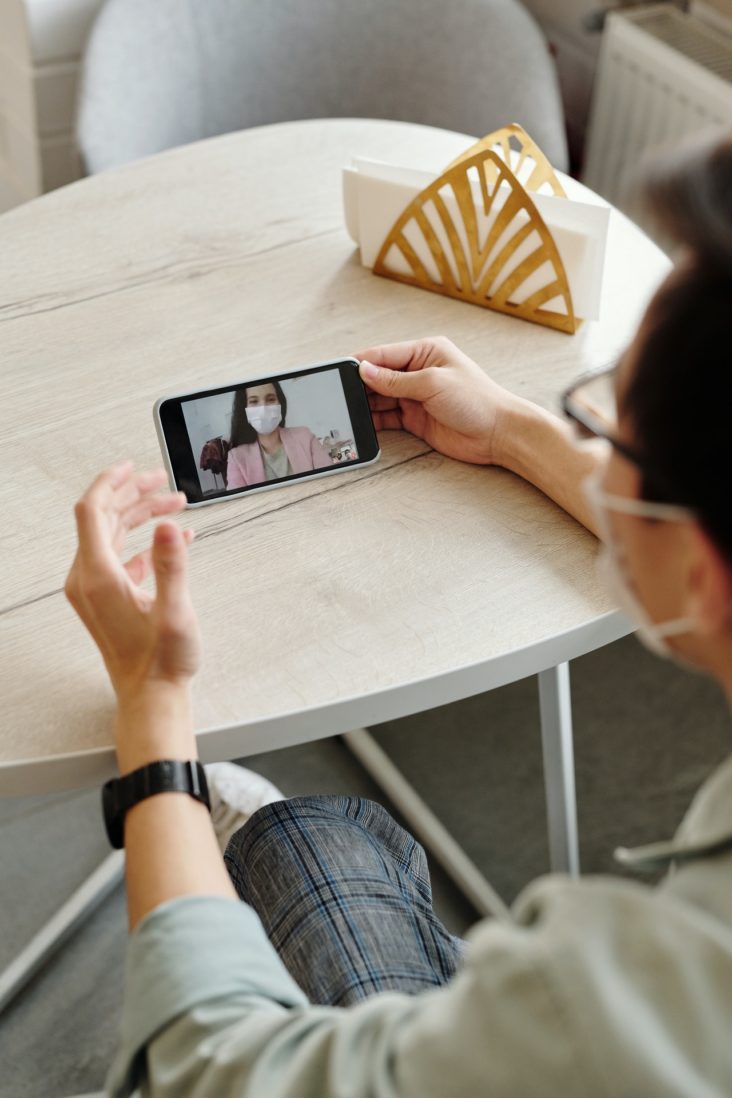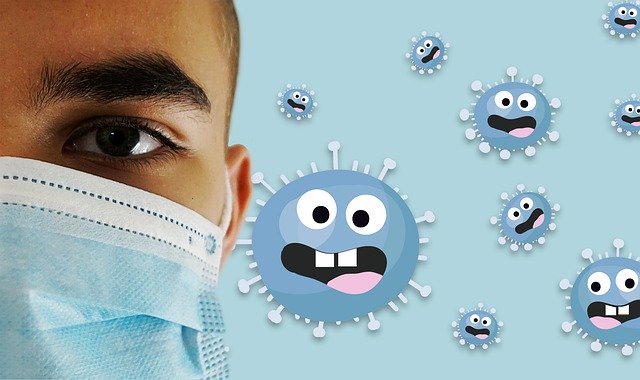The human brain is a curious organ. It is programmed from birth to actively search the world around us. As we get older and mature this search gets fine tuned and focused. We pursue education, friendships, hobbies, sports. Our quest for life experience allows us to learn about the world around us and just as importantly develop a better sense of our own identity. We progress from a period of knowledge acquisition (“knowing”) that can last decades into a prolonged journey that requires that we utilize what we have learned and productively participate in life. This “doing” often includes pursuing gainful employment and careers, raising a family, involvement in spiritual endeavors, development of hobbies, political involvement and altruistic pursuits.
Is there a common thread throughout the stage of knowing and the stage of doing? Both stages involve the presence of meaningfulness. Knowledge, employment, raising a family, friendships all invest humans with a sense of value and worthiness. Curiosity without meaningfulness leads to emptiness. Curiosity requires the attainment of goals and real-time accomplishments. Otherwise curiosity ceases and is replaced with apathy and malaise.
All of us need day-to-day meaningfulness to replenish and sustain our souls. A healthy sense of self thrives on it. The covid 19 virus has created an overwhelming challenge to life’s meaningfulness. Our pandemic world has led to anxiety, an overarching sense of helplessness, and problematic hypervigilance as we worry about getting infected. Covid 19 imposed social isolation has led to depression, hopelessness, helplessness and family stress.
How to cope with a world that none of us have control over?



